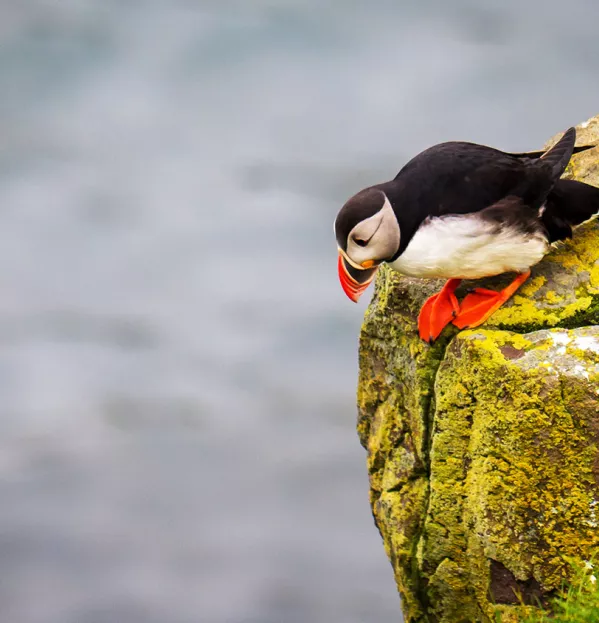Every morning, before school starts, I make myself go to the gym. As the father of baby twins, I don’t get a great deal of sleep. When I first wake up, the thought of exercise feels horrendous. But once I start, I find that the physical exertion releases motivating chemicals, which focus my mind and ignite positive emotions.
Although dragging myself to the gym initially takes me out of my comfort zone, once I’ve finished exercising, I feel energised and ready for the working day.
The same is true in school. As a headteacher, I frequently have to deal with challenging situations and regularly find myself out of my comfort zone. While I don’t always enjoy these times, they often end up being the catalyst for my greatest professional development.
The concept of the “comfort zone” was conceived by psychologists Robert M Yerkes and John Dodson in 1908. After various experiments into how stress levels affect performance, they concluded that “a state of relative comfort create[s] a steady level of performance”. This state is what we know as the “comfort zone”.
However, if we wish to improve our performance, we need to step into a state of relative challenge, where our stress levels are slightly higher than normal and we feel stretched beyond our capabilities.
These are the times when we make rapid leaps in our development. Often, we come out of the experience feeling stronger, wiser and more confident.
Rather than waiting for these moments, I believe we need to make them happen. Just as I make a decision to go to the gym each morning, I also make the effort to move myself out of my comfort zone at school - and to take children out of theirs, too.
At my school, we expose our children to managed risk and danger, through activities such as lighting campfires and using knives and guns. We believe that these experiences significantly benefit the children, but our approaches are innovative and some have been met with criticism. For example, I am planning to take a group of children hunting with guns in the wild. I know that this will probably push a few people’s buttons, but that the children will learn some amazing new skills. That is worth my having to face some uncomfortable conversations.
If we were out of our comfort zone all of the time, we would burn out. But finding opportunities for us to stretch ourselves beyond our perceived limitations is essential if we truly wish to develop and evolve.
Mike Fairclough is headteacher at West Rise Junior School, which was Tes School of the Year 2015, and author of Playing with Fire: embracing risk and danger in schools
